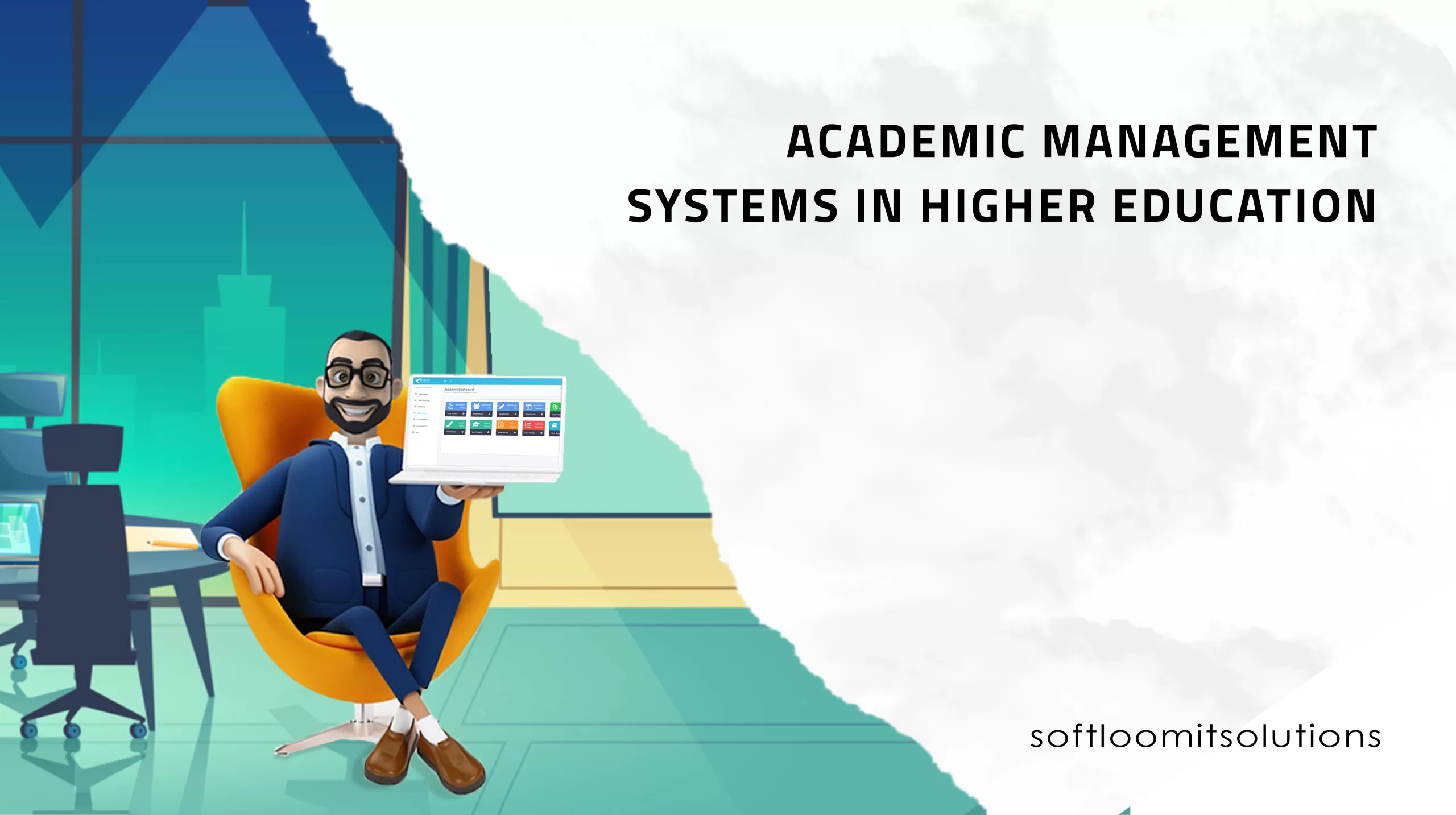In a rapidly evolving educational landscape, the role of Academic Management System cannot be overstated. These systems are instrumental for institutions seeking to seamlessly navigate the intricacies of academic performance from admission processes to accreditation. As education progressively shifts its focus from quantity to quality, it’s imperative to employ tools that can effectively gauge student performance and predefined learning outcomes, while also emphasizing employability and encouraging research endeavors.
The integration of technology in education is not a mere trend; it’s a necessity. As the world hurtles forward, innovation and research are permeating every facet of our existence at an astonishing pace. Consequently, education should not lag behind but rather lead the charge. After all, it is through education that we prepare our students for a world and industries that are constantly evolving and sometimes not even fully realized yet.

Academic Management Systems in Higher Education
Academic Management Systems (AMS) assists educators in creating, delivering, tracking, and reporting educational courses and their corresponding outcomes. These systems support a wide spectrum of teaching methods, ranging from traditional face-to-face instruction to the more modern blended or distance learning models. In essence, AMS software is the backbone that educational institutions rely on to meticulously plan, execute, facilitate, evaluate, and oversee the learning journey of their students.
AMS solutions have revolutionized the educational sector by enhancing the efficiency and effectiveness of academic programs. They empower educators to meticulously design and manage curricula, deliver courses, foster meaningful interactions between students and faculty, evaluate student performance, and provide a treasure trove of additional learning resources for comprehensive support.
In a world defined by rapid technological advances and ever-changing industries, the Academic Management System emerges as a crucial ally in helping education adapt, evolve, and stay in sync with the future we are headed toward. This robust integration of technology is not a choice but a necessity, ensuring that education continues to be the harbinger of innovation, knowledge, and progress in our rapidly changing world.
The Benefit of using an Academic Management System (AMS Software)
Educational institutions serve as the foundational pillars of our education system and continue to hold a prominent position. While online courses and self-paced digital learning have proven to be valuable supplementary resources, they cannot supplant the irreplaceable role of teachers in fostering measurable and interactive classroom education. Nevertheless, to enhance the quality and efficiency of education, academic management software plays a pivotal role.
In this context, what our educational establishments require is a tool that can analyze data and offer meaningful insights to facilitate informed decision-making. It’s essential to underscore the distinctive attributes and adaptability that an effective learning environment demands. To address this need, Softloom has developed our Academic Management System, prioritizing educational quality and the streamlining of daily academic tasks through efficient academic management.
Academic Management System By Softloom
Softloom’s academic management software offers a comprehensive suite of specialized features that cater to the diverse needs of educational institutions. With functionalities like lesson plan creation, it empowers educators to design and organize their teaching materials effectively. The software also provides batch wise attendance and subject wise attendance tracking, streamlining the process of monitoring student presence in classes. Additionally, its attendance register feature ensures accurate record-keeping. The assessment card module simplifies grading and evaluation, while course materials management aids in the efficient distribution of learning resources.
The role of academic management software goes a step further by enabling institutions to track and analyze student data, ensuring a personalized and data-driven approach to education. Furthermore, the course specialization and batch course grouping features allow for customizable course structuring, making it a versatile and indispensable tool for academic institutions of all sizes.






